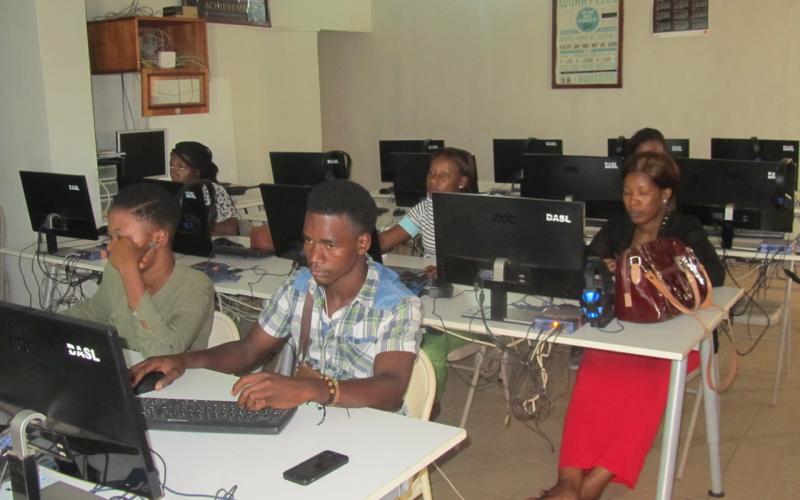
E-learning Solutions in Africa
Megan Foster
The effective spread of mobile networks and internet connections have allowed for increasingly creative solutions in service of development goals in Africa. The innovative thinking behind mobile banking to accommodate those who do not live close to a bank but do live in an area with unreliable transportation is one example. Tactics for development strategies must fit the circumstances of African regions to be effective. One innovative theme found in new education methods is e-learning.
The lesson plans for subjects can be accessed by multiple schools or classrooms in contrast to the more dated and original system of providing books and materials to each teacher and each teacher’s students. The use of tablets also enables education authorities to monitor and improve teacher attendance. Absenteeism among teachers is unfortunately common in many areas and simply requiring a teacher to log in to their program can trigger an alert to contact them if they do not do so.
Many non-profit organizations, venture capitalists, and philanthropists are investing in or founding e-learning programs. Intel Corporation has collaborated with the Kenya Private School Association to implement e-learning programs in private schools. Bill Gates and Mark Zuckerberg support Bridge, an internet-based education institution that has opened over 400 international institutions.
Any funding in education is hopeful and welcome in areas that need it but it is also vital to ensure that innovative education is also effective. One criticism to consider is that many of these e-learning programs are incorporated into private school systems but not public ones. This may promote inequality in the education system and divert attention away from the majority of public school students.
A downside to e-learning is not a reason to reconsider it but to ensure that lessons from positive results in private systems are expanded and applied to public schools once internet-based learning gains more attention and investors. In the meantime, continuing to improve traditional teaching methods should still be a significant focus for those seeking to improve education development.
Sources:
http://www.wsj.com/articles/startup-aims-to-provide-a-bridge-to-education-1426275737 (photo credit)
http://www.dw.de/lifelinks-education-mobile-africa/a-18358008
http://allafrica.com/stories/201503302251.html

